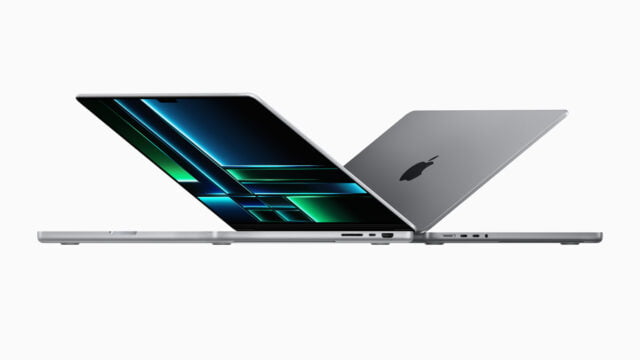
As a MacBook user, you might run into some storage-related issues. For the most part, having a few gigabytes of free space is usually enough to use the computer. However, it is no secret that such a thing is not ideal because not enough free drive space leads to significant performance issues.
If freeing up disk space is not something you find easy, consider using this article as a reference. The ideas below ought to come in quite handy.
Remove Files Permanently
The first thing to note is that you should get in the habit of deleting files permanently. That is, for data you are certain about.
Dragging an item into the Trash is not the same as removing it from the computer permanently. No, you also need to empty the Trash after.
Or, if you prefer, you can also use the keyboard shortcut that deletes select files permanently. On macOS, the shortcut is Option + Command + Delete.
Keep an Eye on Installed Applications
Over time, you are likely going to install quite a few applications on the MacBook. After a while, if an app becomes obsolete, you should not hesitate and remove it. It is not that hard to get rid of apps. Simply uninstall on mac the ones you no longer need.
In case you ever need to use a removed application again in the future, there is the option to download and install it.
As a side note, you should also get a cleanup utility tool to get rid of temporary system junk that applications accumulate. Cache and extensions are a hindrance not just to the overall storage state but also to your computer’s performance because the system has to process more files.
Delete Redundant Files
By redundant files, we mean stuff like localization data, duplicate pictures, and old downloads.
Clutter that accumulates after a while is easily forgotten when a user is not paying attention to the state of their computer’s drive. And before you know it, there are more unnecessary files on the device than you expect.
When it comes to localization files, you need to go through applications individually and check them. Also, when installing a new app, pay attention to checkboxes and untick those asking you to install localization files for languages other than English.
In the case of old downloads, look at the downloads folder and find out whether you have files to remove from there.
Scan for Viruses
The odds of malware causing storage issues are not that high, but they are not zero. As such, you want to check the system by scanning it with a reliable antivirus tool.
Some types of malware corrupt data and increase the file size exponentially. Others find a place on the disk and start consuming storage themselves.
One thing to note is that you should not expect to notice cybersecurity threats yourself. No, for these kinds of things, you need proper anti-malware tools.
Transfer Files to External Storage
The approach to deleting files permanently can only get you so far. Sooner or later, you will end up in a position where all your files seem necessary. From here, you have the option to utilize external storage.
More often than not, MacBook owners go for iCloud. The service provides 5GB of storage for free, but if that is not enough, you can subscribe to a different plan and expand the total available storage to as much as 2TB, though that will cost you 10 dollars per month.
In case you do not want to pay a monthly fee and would prefer a one-time payment, then an external HDD is also a good choice.
Also, as a bonus, you can use both iCloud and an external HDD to back up data. With the latter, you will need to use Time Machine, which is an integrated macOS tool.
Stick to Streaming Platforms
Right now, it makes little sense to hoard a computer’s drive with media files when you can listen to music or watch movies and TV shows on streaming platforms.
Sure, streaming services cost money, but they are convenient to use, and not just because you have fewer issues related to a computer’s storage.
Instead of downloading and keeping music on the MacBook, why not stick to Spotify? Netflix, Disney+, Hulu, HBO, and other platforms offer more than enough entertainment in the form of movies and TV shows.
The streaming services are the present and the future of media consumption, and if you are not using them, you should, and not just because you want to free up more space on the MacBook’s drive.
Conclusion
In conclusion, managing the MacBook’s storage issue is not that hard if you have some patience to create a routine and stick to it. Hopefully, the ideas mentioned in this article will help you with that.










